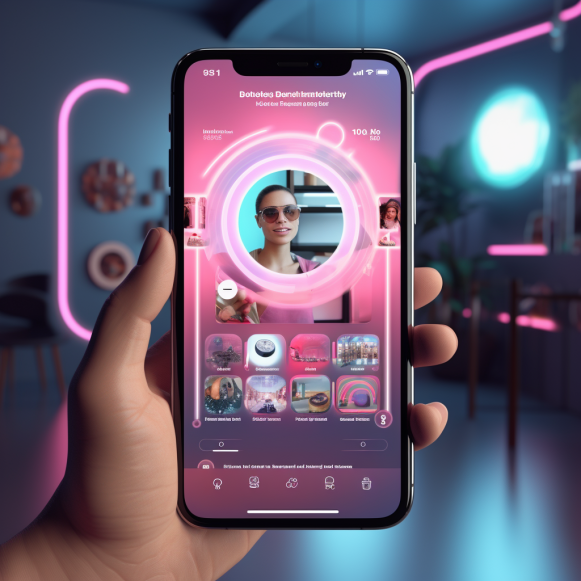Inside TikTok’s pitch to get marketers selling on Shops, and why the biggest brands are wary of investing

- US brands are testing TikTok’s shopping feature that competes with Amazon.
- TikTok Shops charges lower fees than Amazon, but it requires too many resources from brands.
- Small businesses are more willing to sell on TikTok.
According to multiple ad industry sources, TikTok has been trying to convince advertisers to use its Shop feature in the US by making big claims that it will drive sales and by offering lower fees than Amazon.
TikTok, like Amazon, is pitching its ability to own all aspects of the e-commerce sale, according to marketers.
“TikTok is attempting to establish a direct-to-consumer channel, which places them in competition with all other retailers,” says Rachel Tipograph, founder and CEO of e-commerce analytics firm MikMak.
TikTok is attempting to entice merchants by offering low fees for TikTok sales. Many retail platforms charge a percentage of sales as seller fees. According to one technology executive, TikTok charges sellers 2% instead of Amazon’s 15%.
A TikTok spokesperson declined to comment on the Shop program’s specifics, but cited Benefit Cosmetics and the smaller company Lion Latch as examples of companies that use Shop.
Despite TikTok’s positioning as an Amazon competitor, some e-commerce advertisers are hesitant to join the program due to negative experiences with commerce offerings on other social media platforms.
According to Vic Drabicky, founder and CEO of agency January Digital, brands were burned after Instagram launched Shops in 2020, which allows users to discover and buy products directly from the app but did not generate significant sales for brands. That bad experience, according to Drabicky, could make TikTok’s pitch difficult.
Advertisers are also hesitant to invest resources in something that has yet to be proven.
“This is another thing to keep track of.”A 5% or 1% revenue increase is a big ask for brands,” he says. “This year, resources are scarce.”
According to Tipograph, big brands prefer to invest money and resources in areas that have proven to drive sales, such as partnerships with large retailers or their own e-commerce site.
According to Carly Carlson, head of integrated media at ad agency PMG, TikTok Shop necessitates extensive engineering and integrations with major e-commerce platforms such as Shopify and Salesforce.
According to her, many large brands are also investing in loyalty programs that do not integrate well with social commerce features.
“We’re finding that some of the end-to-end social commerce solutions don’t integrate very well with those,” she explained. “I think it’ll be important for platforms to find ways to ensure that shopping provides all of the same benefits that someone would get if they were shopping directly with the merchant on their site.”
While big brands aren’t ready to invest, Drabicky of January Digital believes TikTok Shop will appeal to small businesses and entrepreneurs because they handle their own e-commerce fulfillment and shipping strategies.
David Dweck, SVP of paid media at performance ad agency WPromote, works with small and medium-sized businesses. He stated that his agency has 25 clients who intend to use TikTok Shop, with half of those brands already operational. He also stated that TikTok has brought new clients to WPromote to assist with the creation of the creative that appears in Shop videos.
Early results from WPromote show that running TikTok Shop ads drives sales, according to Dweck, though he did not provide specifics.
He claims that TikTok’s Shop rollout has been faster and includes more adtech integrations than shopping features on platforms such as Instagram or Pinterest.
“Our teams have been much more reliant on TikTok’s solution over the last 9 months,” he explained. “They’ve done a good job of closing adtech gaps.”






